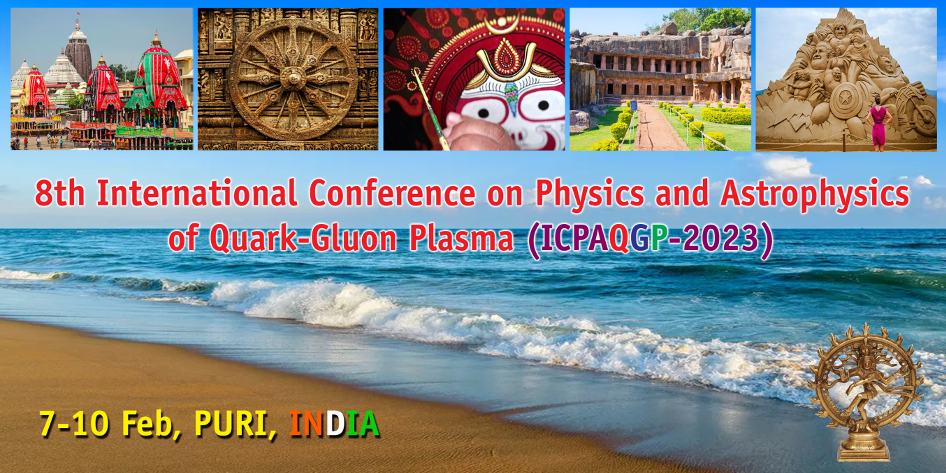Speaker
Description
Open heavy-flavour hadrons are one of the the key diagnostic tools available to study the dense, hot strongly interacting matter formed in relativistic heavy-ion collisions. The charm and beauty quarks are produced at the early stages of the collision via hard scattering due to their large bare masses, which exceed the QCD scale parameter ($\lambda_{\text{QCD}}$) significantly. In pp collisions, where a hot and strongly interacting medium is not expected to be formed, the measurement of heavy-flavour production serves as a reference for heavy-ion collision studies, and provides a crucial testing ground for pQCD models, and for understanding hadronization mechanisms in vacuum. Multiplicity dependent measurements in pp collisions, are also valuable tools to investigate the hadronization mechanisms and characterize multiparton interactions. They also help to search for possible connections between small and extended interacting systems.
In this presentation, an overview of the latest ALICE results on the production measurements of heavy-flavour hadrons in pp and Pb–Pb will be presented. The hadronization mechanisms of heavy quarks will be investigated by the measurements of the yield ratios of charm and beauty hadrons, and their modification from pp to Pb-Pb collisions will be discussed. A discussion of nuclear modification factor and elliptic flow in Pb–Pb collisions will also be shown.

